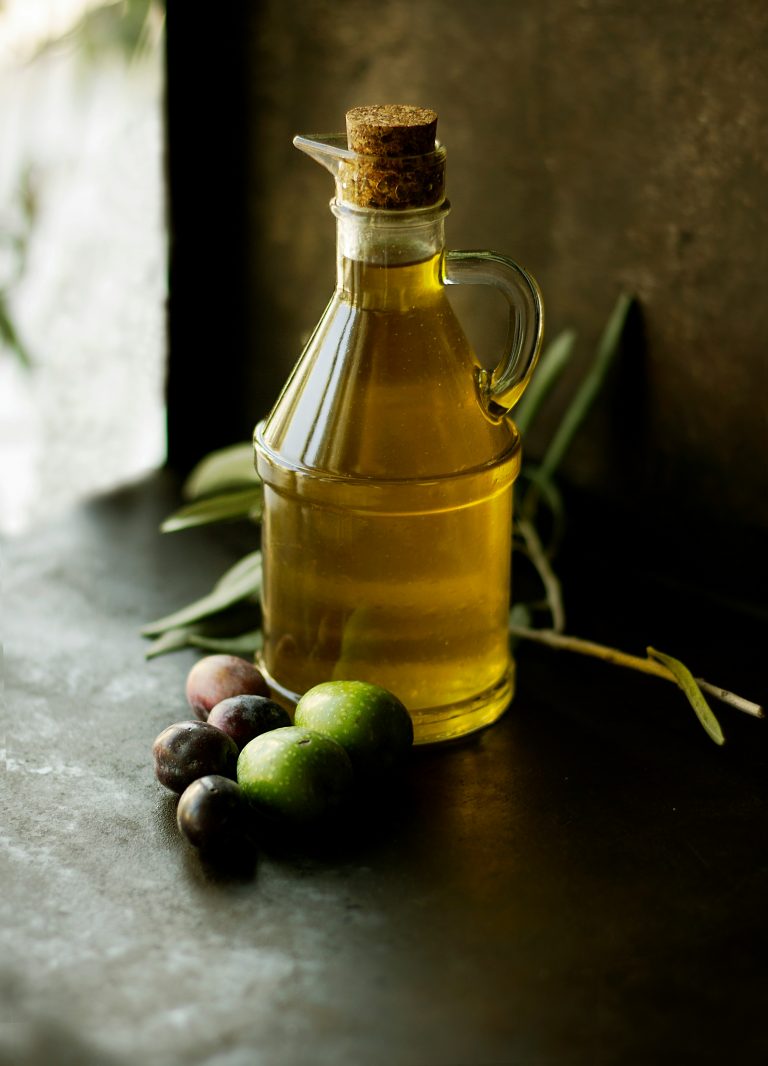Olive oil is liquid gold in the kitchen, valued for its fruity depth, peppery finish, and versatility in everything from dressings to roasting. But like many fresh products, it doesn’t last forever. Whether you’ve invested in premium extra-virgin olive oil or have a bulk jug for everyday use, knowing the telltale signs of expired oil can make all the difference.
Ahead, we cover how long olive oil lasts, the signs it’s past its prime, and the best ways to keep it tasting as good as the day you cracked it open.
How long does olive oil last?
- Check the production date first: shelf life counts from when it was bottled, not when you bought it
- Unopened: usually lasts up to 18 months from the production date
- Opened: use within 3 to 4 months for peak flavour
- Why it matters: While expired olive oil won’t make you sick, it loses its signature sharpness and fruity notes
- Beyond the kitchen: Don’t toss it if it’s expired; use rancid olive oil for skin moisturisation, conditioning leather or rubber items, or in DIY beauty projects (lip balms, scrubs, and soaps)
How to tell if olive oil has gone bad
If you’re not one for remembering dates, turn to the next best thing a cook has: their senses. Use your eyes, nose, and palate to determine whether that olive oil bottle has expired or is still good to use for your next bread dip.
- Cucumber-like scent: Olive oil is past its peak
- Sweet banana smell: The Oil was exposed to too much light
- Musty, waxy, or crayon-like odour: Classic rancid oil
- Taste test: Fresh olive oil should taste grassy, peppery, or slightly bitter; stale oil will taste flat, greasy, or unpleasantly nutty
How to store it properly
Choosing the best olive oil your budget allows is the first step to enjoying its quality. But what you do next is just as important: how you store it. With the right storage, you can savour every last drop at its freshest, without worrying about waste or expired oil.
- Keep it in a cool, dark place (like a cupboard away from the stove)
- Avoid exposure to heat, light, and air, which speed up oxidation
- Store in dark glass bottles or tins over clear glass or plastic
- Only buy what you’ll use in a few months to ensure freshness
Olive oil may be a pantry staple, but it’s not immune to spoilage. By recognising the signs of rancidity and storing it correctly, you’ll always get the best flavour and quality from every drop. Treat it like the fresh product it is, and your dishes will thank you.

